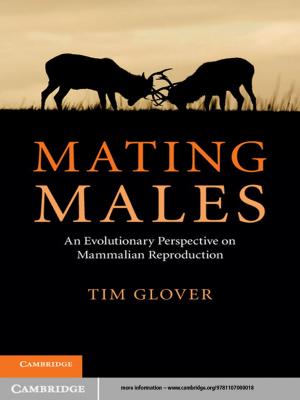The Georgia Peach
Culture, Agriculture, and Environment in the American South
Nonfiction, History, Americas, United States, Business & Finance| Author: | William Thomas Okie | ISBN: | 9781316817346 |
| Publisher: | Cambridge University Press | Publication: | November 22, 2016 |
| Imprint: | Cambridge University Press | Language: | English |
| Author: | William Thomas Okie |
| ISBN: | 9781316817346 |
| Publisher: | Cambridge University Press |
| Publication: | November 22, 2016 |
| Imprint: | Cambridge University Press |
| Language: | English |
Imprinted on license plates, plastered on billboards, stamped on the tail side of the state quarter, and inscribed on the state map, the peach is easily Georgia's most visible symbol. Yet Prunus persica itself is surprisingly rare in Georgia, and it has never been central to the southern agricultural economy. Why, then, have southerners - and Georgians in particular - clung to the fruit? The Georgia Peach: Culture, Agriculture, and Environment in the American South shows that the peach emerged as a viable commodity at a moment when the South was desperate for a reputation makeover. This agricultural success made the fruit an enduring cultural icon despite the increasing difficulties of growing it. A delectable contribution to the renaissance in food writing, The Georgia Peach will be of great interest to connoisseurs of food, southern, environmental, rural, and agricultural history.
Imprinted on license plates, plastered on billboards, stamped on the tail side of the state quarter, and inscribed on the state map, the peach is easily Georgia's most visible symbol. Yet Prunus persica itself is surprisingly rare in Georgia, and it has never been central to the southern agricultural economy. Why, then, have southerners - and Georgians in particular - clung to the fruit? The Georgia Peach: Culture, Agriculture, and Environment in the American South shows that the peach emerged as a viable commodity at a moment when the South was desperate for a reputation makeover. This agricultural success made the fruit an enduring cultural icon despite the increasing difficulties of growing it. A delectable contribution to the renaissance in food writing, The Georgia Peach will be of great interest to connoisseurs of food, southern, environmental, rural, and agricultural history.















